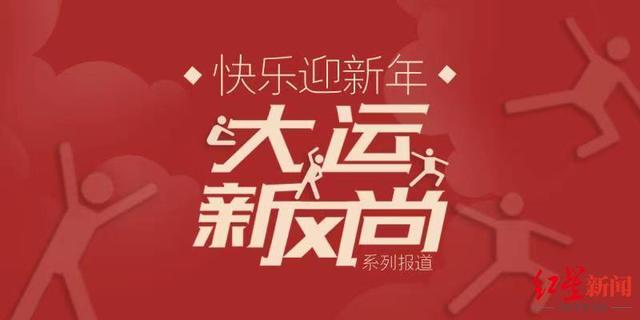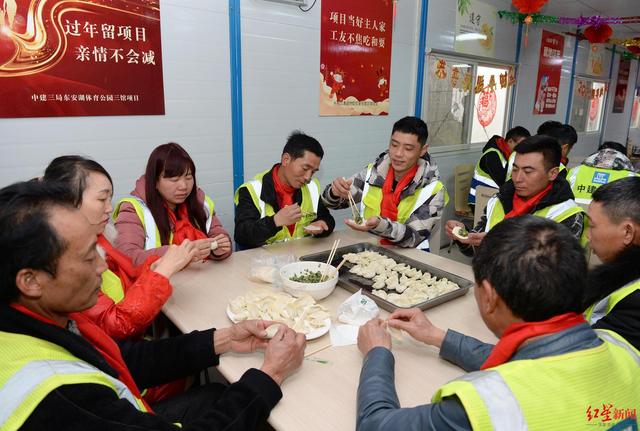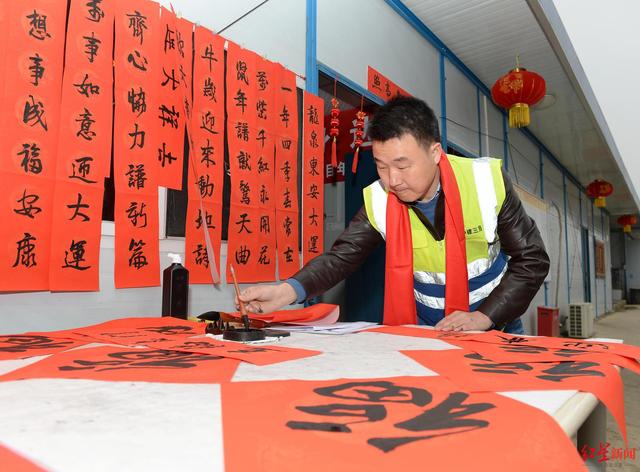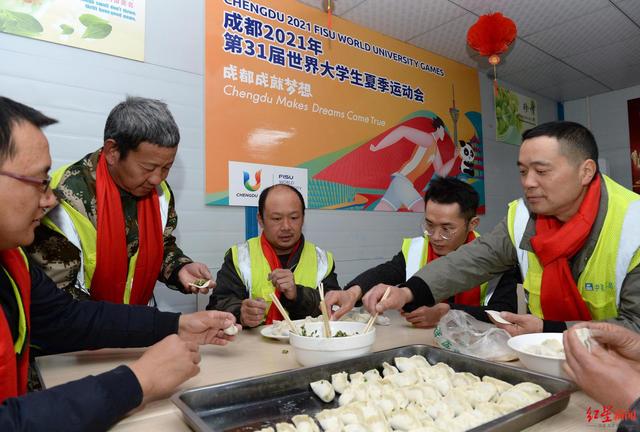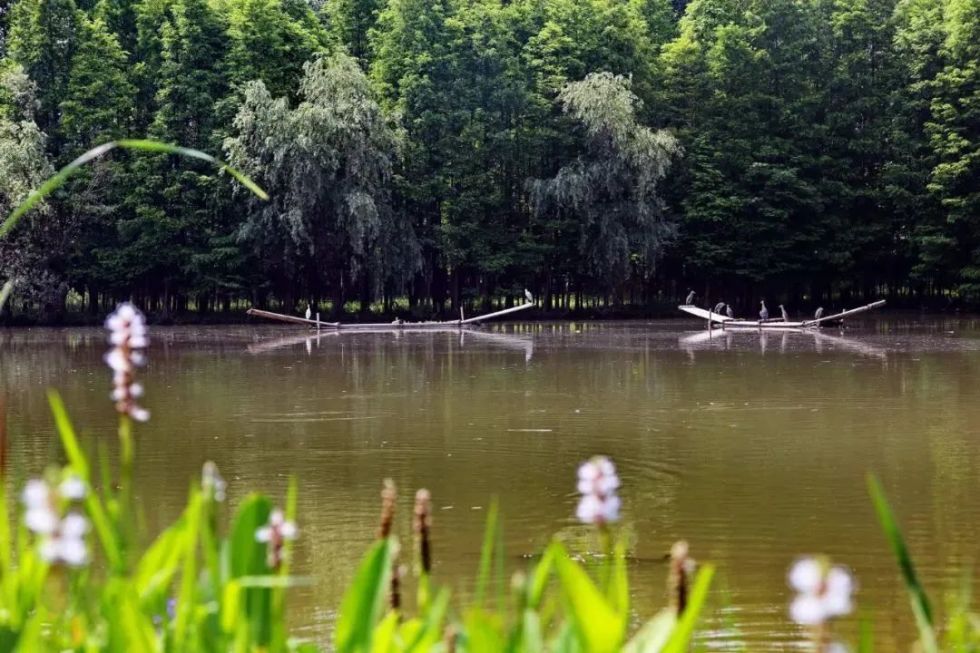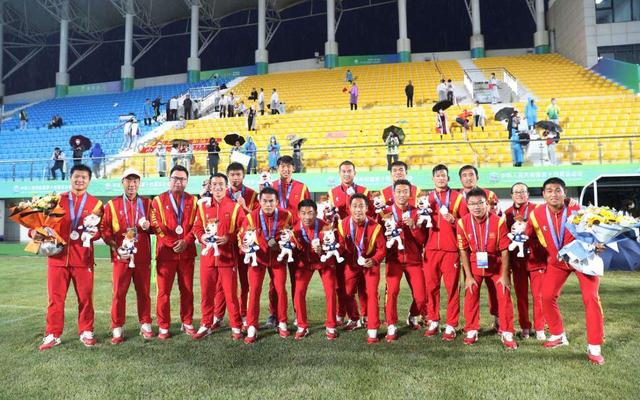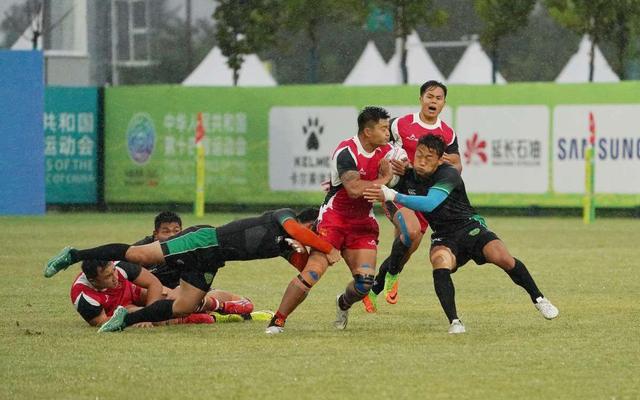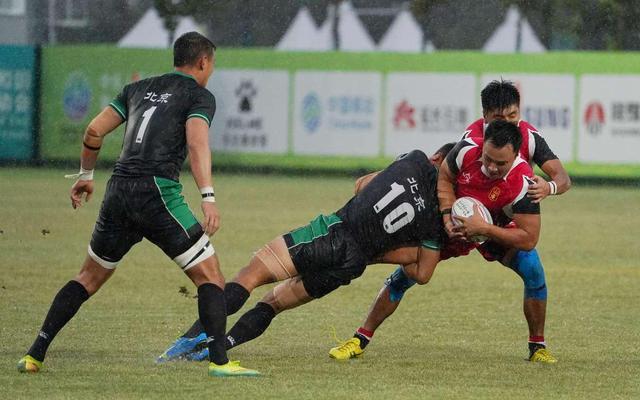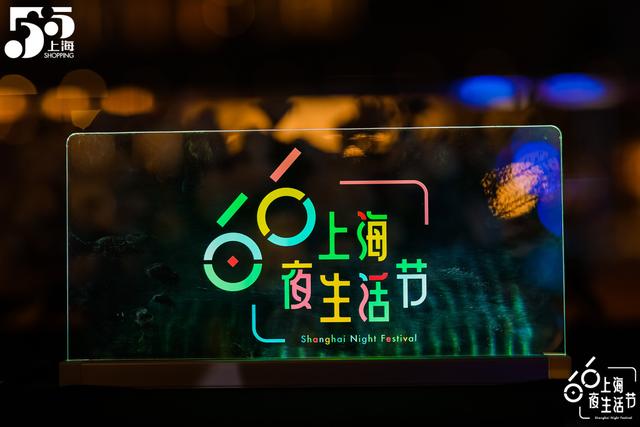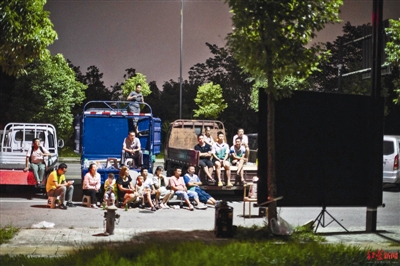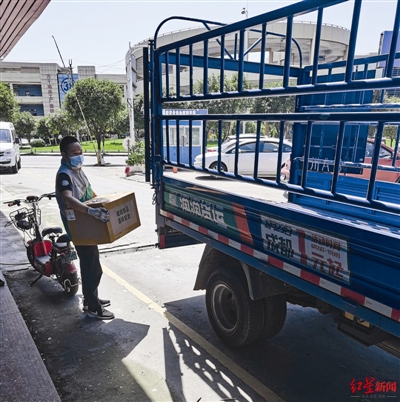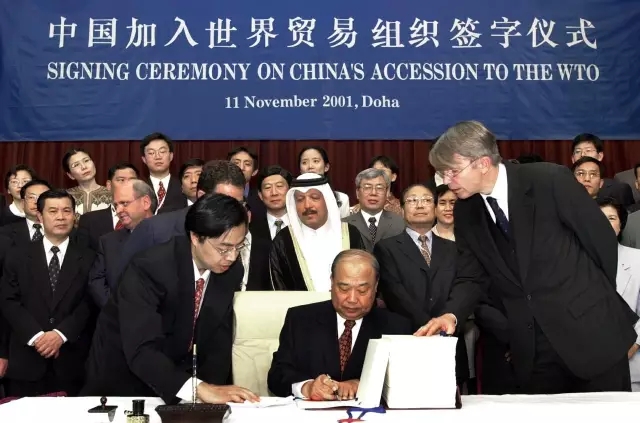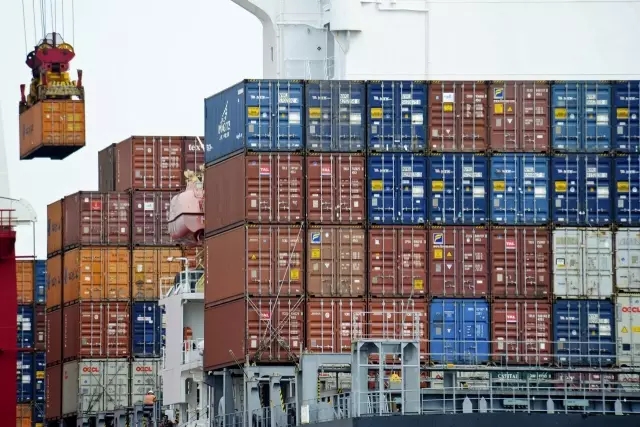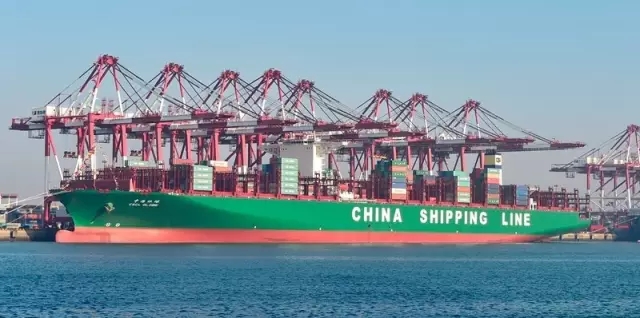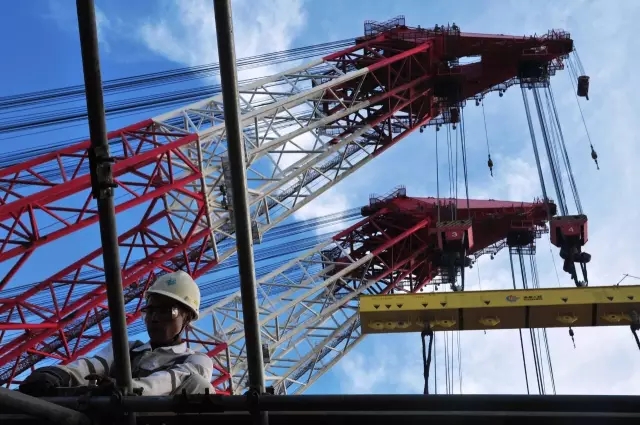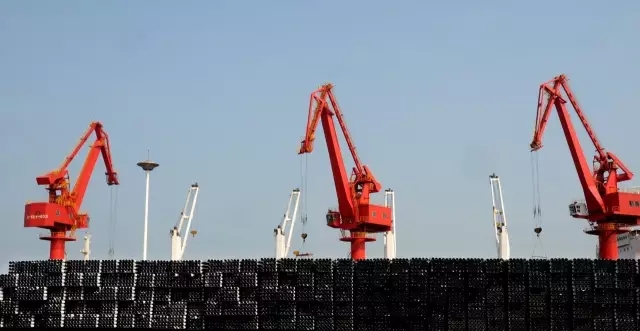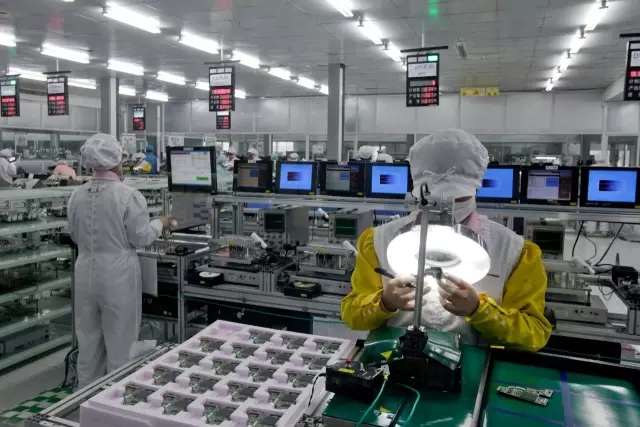Beijing, June 5 (Leng Yuyang) According to the announcement of the 2019 National Unified Legal Professional Qualification Examination issued by the Ministry of Justice, online registration for the objective examination of this year’s judicial examination will be opened from today to June 20. The examination time for objective questions is August 31 and September 1 this year.
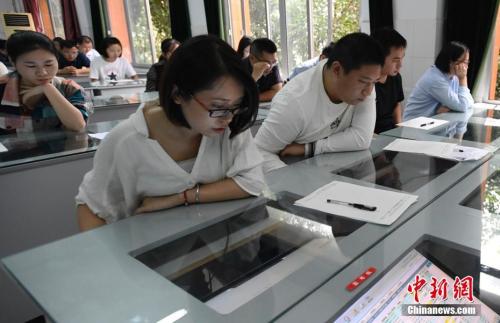
Data Map: On September 22, 2018, the national unified legal professional qualification examination was opened. China News Service reporter An Yuan photo
Registration for the 2019 Judicial Examination starts today.
In May this year, the Ministry of Justice issued the announcement of the 2019 national unified legal professional qualification examination. The online registration time for the objective examination is from June 5 to June 20, and the examination time is August 31 and September 1; The online registration confirmation time for subjective examination is from September 7 to 11, and the examination time is October 13.
In terms of registration conditions, the announcement stipulates that applicants should have a bachelor’s degree or above in law in full-time colleges and universities, a bachelor’s degree or above in illegal courses in full-time colleges and universities, and a master’s degree or above in law, and a bachelor’s degree or above in illegal courses in full-time colleges and universities, and have obtained corresponding degrees and engaged in legal work for three years.
In addition, according to the announcement, before the implementation of the Measures for the Implementation of the National Unified Legal Vocational Qualification Examination, graduates with bachelor’s degree or above in law major in institutions of higher learning who have obtained student status (examination record) or corresponding qualifications, or graduates with bachelor’s degree or above in illegal major in institutions of higher learning and have legal professional knowledge, can sign up for the National Unified Legal Vocational Qualification Examination.
At the same time, the announcement also made it clear that full-time undergraduate graduates (including junior college graduates) from ordinary institutions of higher learning and military academies in 2020 and recent master graduates applying for the same academic qualifications can sign up for the 2019 national unified legal professional qualification examination.
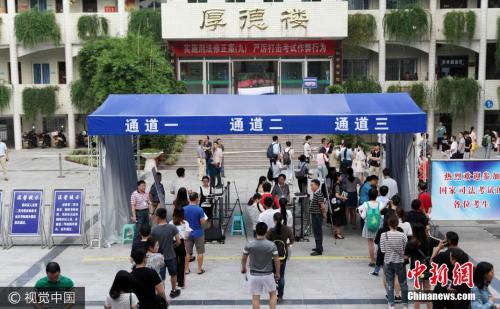
How to take the 2019 judicial examination?
— — Objective questions are divided into two batches of exams.
The announcement is clear. In 2019, the national unified legal professional qualification examination will be computerized, and the objective examination will be closed-book and computerized. The subjective examination is mainly computerized. If it is really difficult for the examinees to use the computer examination, they can apply for a paper-and-pencil examination when they confirm their registration for the subjective examination. The use of minority languages to participate in the examination, the subjective examination of the implementation of paper and pencil examination.
In terms of examination time, according to the announcement, in 2019, the objective examination of the national unified legal professional qualification examination was conducted in batches. The judicial administrative organ at the place of registration determines the examination batch of candidates according to the number of seats in each examination area and the number of applicants, which is divided into two batches on August 31st and September 1st, and the candidates take one of the batch examinations. In addition, the subjective test time is October 13th.
In terms of proposition, the national unified legal professional qualification examination implements the national unified proposition. The "2019 National Unified Legal Professional Qualification Examination Outline" formulated and published by the Ministry of Justice is the basis for the proposition.
Specifically, this year’s judicial examination objective test has two volumes. It is divided into test paper 1 and test paper 2. Each test paper has 100 questions, with a score of 150 points, including 50 single-choice questions, 1 point for each question, 50 multiple-choice questions and indefinite multiple-choice questions, with 2 points for each question. The total score of the two test papers is 300 points.
Among them, the first objective test paper will examine Socialism with Chinese characteristics’s theory of rule of law, jurisprudence, constitution, China’s legal history, international law, judicial system and legal professional ethics, criminal law, criminal procedure law, administrative law and administrative procedure law; The examination contents of the second paper include civil law, intellectual property law, commercial law, economic law, environmental resources law, labor and social security law, private international law, international economic law and civil procedure law (including arbitration system).
The subjective examination is a volume, including case analysis questions, legal document questions, essay questions and other questions, with a score of 180. Specific examination subjects are: Socialism with Chinese characteristics’s theory of rule of law, jurisprudence, constitution, criminal law, criminal procedure law, civil law, commercial law, civil procedure law (including arbitration system), administrative law and administrative procedure law, judicial system and legal professional ethics.
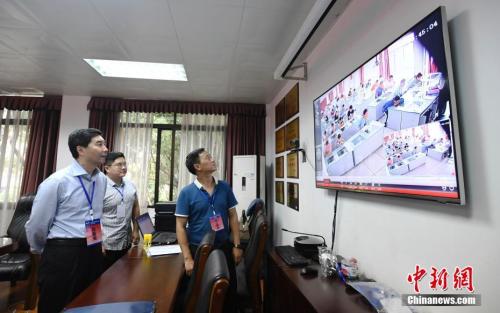
Data Map: On September 22, 2018, the national unified legal professional qualification examination was opened. China News Service reporter An Yuan photo
Strict examination discipline
— — Substitutes will be banned for life.
In terms of examination discipline, according to the "Measures for Handling Disciplinary Actions in the National Unified Legal Professional Qualification Examination" promulgated by the Ministry of Justice in September 2018, if serious cheating behaviors such as organizing cheating, illegally obtaining test questions, and taking exams are implemented, their test scores in that year will be invalid and they will not be allowed to apply again for the exam for life.
Specifically, the registration of people who do not have the conditions for examination registration by concealing personal information or false promises is invalid; Those who fraudulently apply for registration by providing forged or altered academic degree certificates and certificates, legal work experience, identity and household registration information, or obtain registration qualifications by bribery, coercion or other improper means may not apply for registration again within 2 years.
In addition, after the exam begins, candidates are found to be carrying equipment with the function of sending or receiving information, plagiarizing, viewing and eavesdropping on the text, audio-visual materials related to the exam content illegally brought into the examination room, transmitting the answer information by means of discussion, gesture, etc., plagiarizing other people’s answers or agreeing or assisting others to plagiarize answers. Their exam results in that year are invalid and they may not apply for the exam again within 2 years.
For candidates who have serious cheating, the handling method is clear, and their test scores in that year are invalid and they cannot apply again for life.
These acts include: forging, altering or stealing other people’s resident identity cards, household registration books, admission tickets and other supporting materials to take the exam; Invading the computerized examination system illegally or illegally obtaining, deleting, modifying or adding the data of the examination information system; Organizing cheating, or providing cheating equipment, programs or other help for others to organize cheating; Illegally obtaining test questions and answers or illegally selling or providing test questions and answers to others; Take the exam instead of others or let others take the exam instead of themselves.
